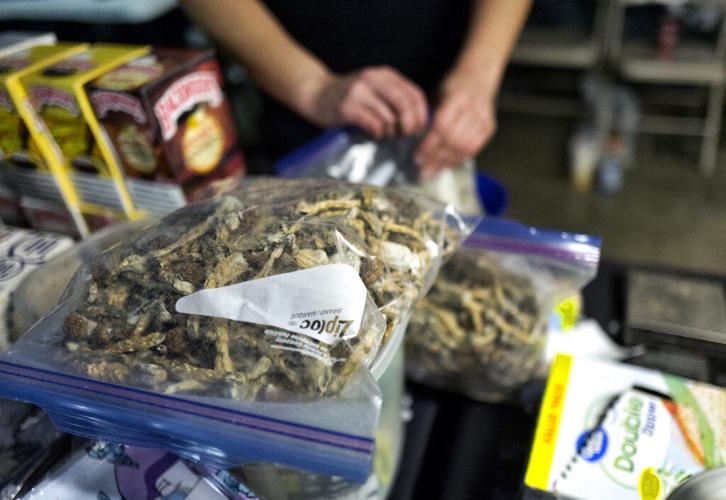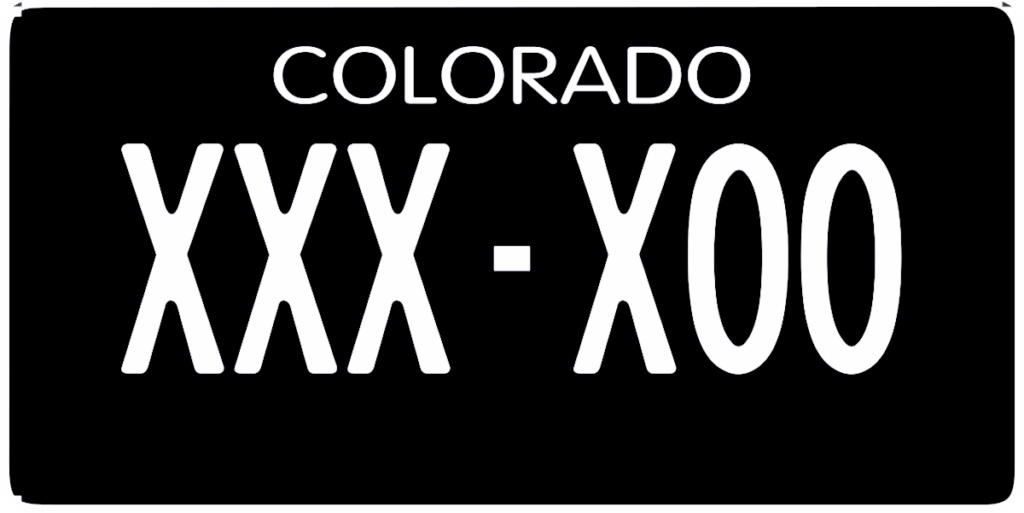EDITORIAL: State ballot measure seeks to legalize a dangerous drug
If Colorado wants to build on its sad new reputation as a backward, ignorant, dangerous state — a place intelligent people avoid — voters need only pass Initiative 58 into law in November. If they do so, we will need no further action to qualify as North America’s official idiocracy — a Galt’s Gulch for dolts who refuse to observe, listen, process and learn from mistakes.
Colorado law enforcement, educators, parents and health professionals are dealing with the soaring opioid overdose crisis and a multitude of other crime problems. Meanwhile, out-of-state corporate profiteers want voters to legalize the hallucinogenic drugs psilocybin and psilocin.
This is not another effort to decriminalize Schedule 1 drugs and drastically reduce criminal penalties for their possession and distribution. That’s bad enough, but this initiative would make hallucinogenic drugs legal and establish a regulatory structure to allow for corporate sales and distribution.
Proponents plan to fool voters into passing the law by calling it the Natural Medicine Health Act. It defines “natural medicine” as “certain plants or fungi that affect a person’s mental health and are controlled substances under state law.” The law would establish “a natural medicine regulated access program …” — also known as businesses that sell these drugs.
Amendment 64 legalized marijuana and established a mainstreet industry. It also gave local governments, such as the City Council and the mayor of Colorado Springs, the option to forbid recreational sales. Initiative 58 merely grants local governments “limited authority to regulate the time, place, and manner of providing natural medicine services.” That means this law would force cities and counties to tolerate storefront sales of hallucinogens — all for the sake of “mental health.”
Anyone who thinks this makes us another Netherlands insults the intelligence of the Netherlands. Denver long ago surpassed Amsterdam’s reputation as a city with anything-goes drug policies. Sure, you can consume marijuana in Amsterdam’s “coffee shops,” but the sales and use of THC are considerably more restrictive than in much of Colorado.
Until 2007, residents and tourists in the Netherlands could also buy hallucinogenic mushrooms at coffee shops. A handful of self-appointed experts hypothesized the drugs improved mental health. For law enforcement, it was another frequent cause of calls for emergency assistance.
Then came the sad story of 17-year-old Gaelle Caroff, a French girl who visited Amsterdam on a school trip in March 2007. Caroff had suffered bouts with mental illness. She ingested mushrooms acquired at a coffee shop — the drugs that supposedly help with mental health. Instead of easing her mental anguish, authorities say the mushroom trip led the girl to jump from a building to her death.
That and a litany of other bad-trip emergencies led the Netherlands to outlaw hallucinogenic shrooms and classify them as any other hard narcotics.
Amsterdam and the surrounding region were not the first to try hallucinogenic shrooms only to learn it was a terrible idea. Britain outlawed shrooms in 2005, Japan in 2002, Ireland in 2006 and Denmark in 2001. Most countries — developed, underdeveloped, rural, urban or cosmopolitan — have the common sense to outlaw hallucinogenic drugs.
Money supporting this push mostly comes from the PAC New Approach, based in Washington. Wealthy donors to left-wing causes founded New Approach in April 2014 mostly to promote state-by-state marijuana legalization. Drug profiteers fund the PAC to expand their industry.
A 2020 study by the National Institutes of Health tells us why we don’t want Coloradans — especially those suffering from depression or other mental illnesses — messing around with hallucinogens administered by “natural medicine” businesses.
The study finds: “Psilocybin is capable of promoting intense perceptual changes that include hallucinations, synesthesia, and alterations in temporal perception, as well as changes in emotion and thoughts, which may lead to risk of harmful use. In addition, healthy individuals may experience episodes of bad trips — negative experiences, which may involve mental confusion, agitation, extreme anxiety, fear and psychotic episodes — including bizarre and frightening images, severe paranoia, and loss of sense of reality.”
Great. That’s what we don’t need in a state struggling with rising and disproportionate rates of suicide, overdoses, homelessness and routine exhibitions of ill people on street corners openly hallucinating and talking to the sky.
Sure, bring on another for-profit drug so corporations can profit from human suffering and dysfunction. Let’s go become Dolts Gulch and get more people high — to improve their mental health, of course.
The Gazette Editorial Board

















